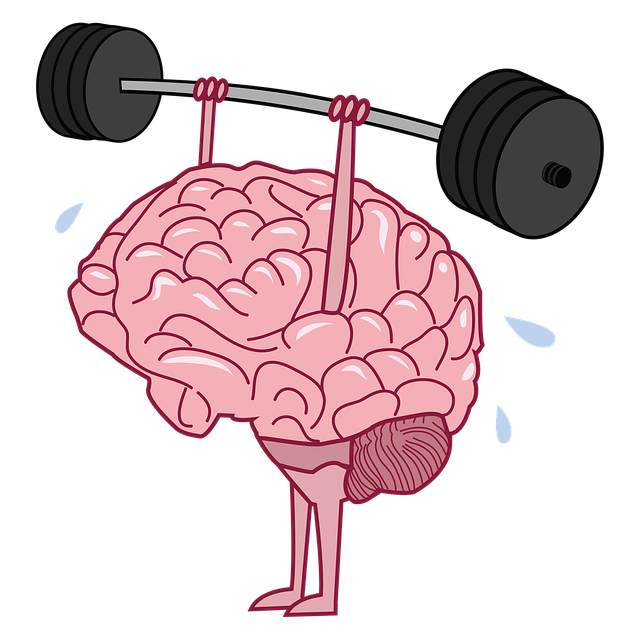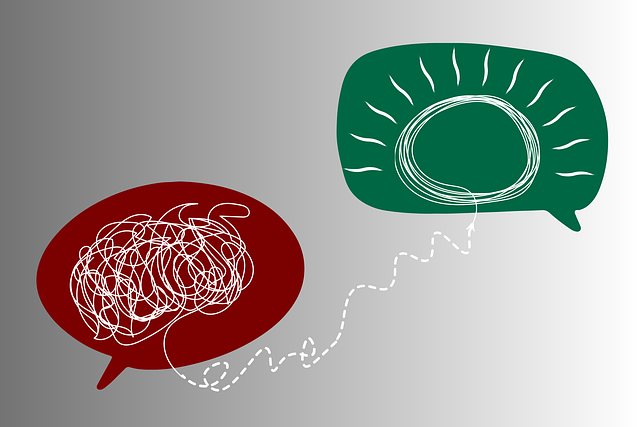Denver Terminal Illness Therapy (DTIT) focuses on emotion regulation as a core strategy, empowering individuals to confront life's challenges with enhanced mental wellness. Through self-discovery and emotional labeling exercises, patients gain insights into their emotional triggers and develop healthy coping mechanisms. Cognitive reframing helps transform negative thoughts, while mindfulness practices foster present-moment awareness and acceptance of all experiences. Integrating these techniques into daily life improves stress management, crisis intervention, and fosters healthier relationships, making DTIT a valuable resource for navigating terminal illness in Denver.
Emotion regulation techniques are powerful tools that can significantly enhance one’s well-being, especially in navigating challenging situations. This article explores various strategies inspired by Denver Terminal Illness Therapy, offering a holistic approach to understanding and managing emotions. We delve into the foundational concepts, starting with recognizing and naming emotions, followed by cognitive strategies for transformation and mindfulness practices for acceptance. Learn how these techniques can be practically applied to daily life, fostering resilience and emotional intelligence.
- Understanding Emotion Regulation: The Foundation of Denver Terminal Illness Therapy
- Identifying and Labeling Emotions: A Key Step in the Healing Process
- Cognitive Strategies: Tools for Managing and Transforming Emotional Responses
- Mindfulness and Acceptance: Cultivating Present-Moment Awareness
- Practical Application: Integrating Emotion Regulation Techniques into Daily Life
Understanding Emotion Regulation: The Foundation of Denver Terminal Illness Therapy

Emotion regulation is a cornerstone of Denver Terminal Illness Therapy (DTIT), offering individuals a powerful tool to navigate life’s challenges. DTIT recognizes that understanding and managing emotions are essential aspects of overall mental wellness, especially during difficult periods like terminal illness. By teaching effective emotion regulation techniques, this therapeutic approach aims to empower patients with the resilience needed to cope with their unique circumstances.
The foundation of DTIT lies in helping individuals build confidence in their ability to manage intense or overwhelming emotions. Through a structured yet flexible framework, the therapy facilitates a journey of self-discovery and personal growth. This process involves learning to recognize emotional triggers, developing healthy coping mechanisms, and cultivating a sense of calm amidst turmoil. The ultimate goal is to enhance mental wellness, allowing folks to dance through life’s twists and turns with grace and resilience.
Identifying and Labeling Emotions: A Key Step in the Healing Process

Identifying and labeling emotions is a fundamental step in the healing process, especially for those navigating challenging circumstances like Denver terminal illness therapy. When individuals can accurately recognize and name their feelings, they gain invaluable insight into their emotional landscape. This awareness allows them to begin understanding triggers, patterns, and the root causes of distress. By putting a name to an emotion, whether it’s fear, anger, or sadness, people create distance between themselves and their reactions, enabling more thoughtful responses rather than impulsive actions.
In the context of Denver terminal illness therapy, this step becomes crucial for processing complex emotions related to impending change. Effective communication strategies, often facilitated by mental wellness coaching programs development, encourage patients to share and label their feelings openly. Through guided discussions and stress management workshops organization, individuals learn to integrate emotional labeling into their daily lives, fostering better self-awareness and resilience. This practice not only enhances coping mechanisms but also prepares them to navigate the intricate tapestry of emotions that can arise during challenging life transitions.
Cognitive Strategies: Tools for Managing and Transforming Emotional Responses

Cognitive strategies play a pivotal role in emotion regulation techniques teaching, offering individuals powerful tools to manage and transform their emotional responses. These strategies involve identifying and challenging negative thought patterns that often underlie intense emotions. For instance, during Denver terminal illness therapy, cognitive reframing helps patients redefine their circumstances, shifting from despair to acceptance or even gratitude. By questioning the validity of distressing thoughts, individuals can cultivate a more balanced perspective, thereby reducing the intensity of their emotional reactions.
Incorporating self-awareness exercises within mental health education programs design is instrumental in this process. Such exercises encourage people to recognize their triggers and the initial cognitive distortions that precede strong emotions. Through practice, they learn to intercept these thought processes, enabling them to respond rather than reacting. This proactive approach, akin to crisis intervention guidance, equips individuals with a sense of agency over their emotional well-being, fostering resilience in the face of life’s challenges.
Mindfulness and Acceptance: Cultivating Present-Moment Awareness

Mindfulness and acceptance are powerful techniques that can significantly aid individuals dealing with complex emotions, especially when navigating challenging life circumstances such as a terminal illness in Denver. Through mindfulness practices, one learns to cultivate present-moment awareness, observing thoughts and feelings without judgment. This process helps individuals detach from automatic emotional reactions, fostering a sense of calm and clarity.
By focusing on the here and now, acceptance becomes easier, allowing individuals to embrace their experiences, including difficult emotions, as they are. This doesn’t mean one has to like or enjoy these feelings; rather, it’s about acknowledging and accepting them as part of life’s tapestry. Such practices can be especially beneficial in managing symptoms of depression prevention and reducing the impact of mental illness stigma reduction efforts, while also serving as an effective risk management planning strategy for mental health professionals.
Practical Application: Integrating Emotion Regulation Techniques into Daily Life

Integrating emotion regulation techniques into daily life is a practical application that empowers individuals to navigate their emotional landscape with greater ease. These strategies are invaluable for anyone seeking to enhance their mental well-being, especially those facing challenging circumstances like Denver terminal illness therapy. By incorporating mindfulness exercises, cognitive restructuring, and acceptance-based practices, individuals can develop a deeper understanding of their emotions and learn to respond rather than react impulsively.
Incorporating emotion regulation techniques into daily routines can significantly contribute to stress management and crisis intervention guidance. Conflict resolution techniques, such as assertive communication and emotional awareness, become more accessible when practiced consistently. This fosters healthier relationships and enhances one’s ability to handle interpersonal challenges effectively.
Emotion regulation techniques, as demonstrated by Denver Terminal Illness Therapy, offer a powerful toolkit for managing and transforming emotional responses. By understanding the foundation of emotion regulation, identifying and labeling emotions, employing cognitive strategies, cultivating mindfulness and acceptance, and integrating these practices into daily life, individuals can enhance their overall well-being. These techniques not only support healing but also foster resilience, enabling folks to navigate life’s challenges with greater ease and grace.














